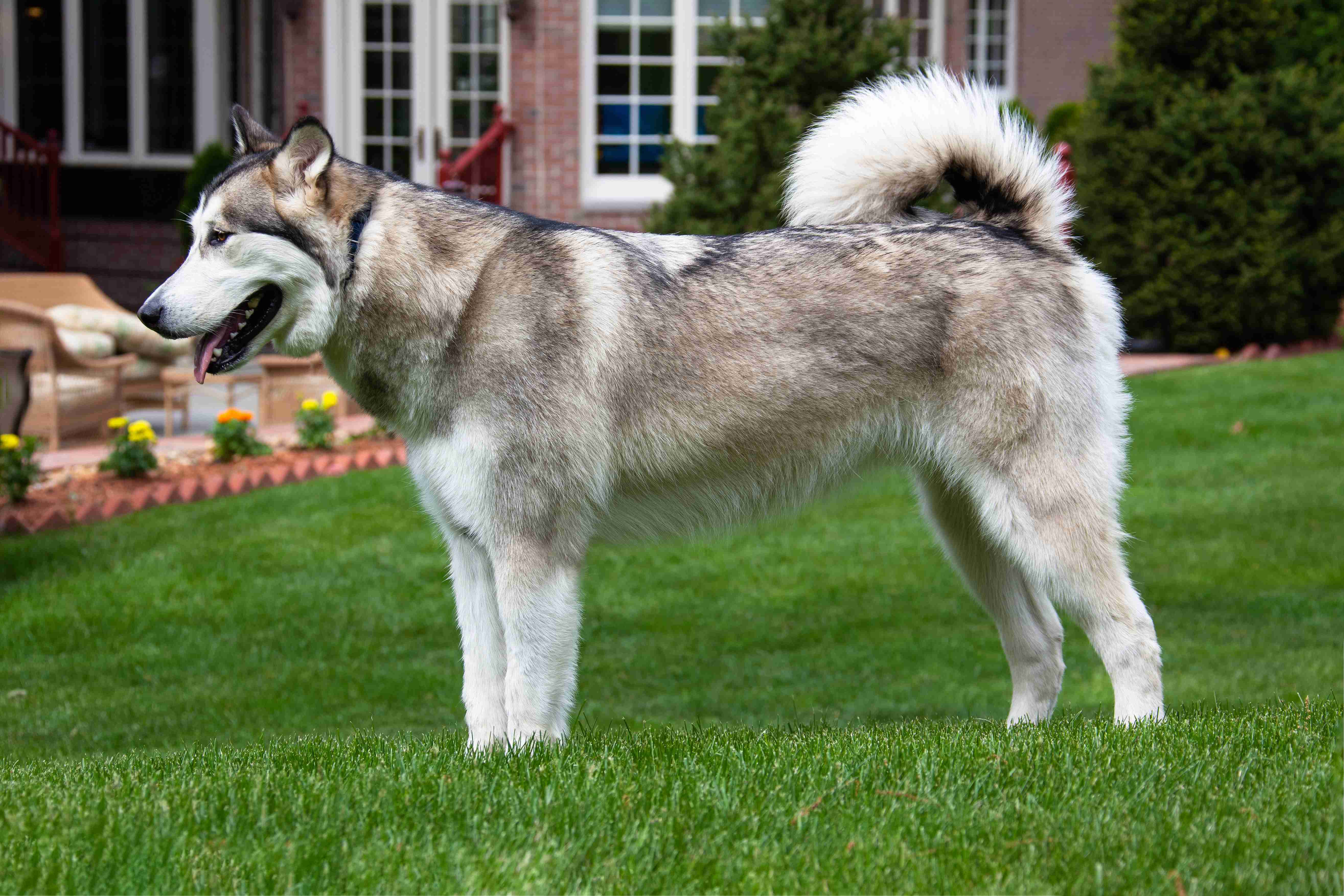Welcome to Poodle Health 101! In today’s blog post, we will delve into the fascinating world of poodle health and specifically explore thyroid disorders that commonly affect this beloved breed. As poodle parents, it is essential to be aware of the potential challenges our furry friends may face and understand the treatment options available. So, if you’re curious to learn more about thyroid disorders in poodles and how to provide the best care, keep reading!
Poodles are a beloved and popular breed known for their intelligence, elegance, and hypoallergenic coats. While they are generally healthy dogs, like any other breed, poodles are not immune to certain health issues. One such health concern that poodle owners should be aware of is thyroid disorders.
Thyroid disorders in poodles are relatively common, and they can manifest in various ways. The thyroid, a small gland located in the neck, is responsible for producing hormones that regulate metabolism, growth, and development. When the thyroid is not functioning properly, it can lead to a range of symptoms and health problems.
The most prevalent thyroid disorder in poodles is hypothyroidism. Hypothyroidism occurs when the thyroid gland does not produce enough thyroid hormones. This can result in fatigue, weight gain, hair loss, skin problems, and a sluggish metabolism. Poodles with hypothyroidism may also experience behavioral changes, such as depression or aggression.
Another thyroid disorder that poodles can face is hyperthyroidism. Hyperthyroidism is the opposite of hypothyroidism and occurs when the thyroid gland produces an excess of thyroid hormones. This can lead to increased appetite, weight loss, restlessness, excessive thirst, and excessive urination.
Diagnosing thyroid disorders in poodles can be challenging as the symptoms can be quite vague and overlap with other health issues. However, if you notice any of the aforementioned symptoms in your poodle, it’s crucial to visit a veterinarian for a proper diagnosis.
.jpg)
Treatment options for thyroid disorders in poodles depend on the specific condition and its severity. In the case of hypothyroidism, the most common treatment is hormone replacement therapy. This involves administering synthetic thyroid hormones to supplement the deficiency and restore normal hormone levels. Hormone replacement therapy is typically a lifelong treatment that requires regular visits to the vet to monitor hormone levels and adjust medication if necessary.
For poodles with hyperthyroidism, treatment options vary. In some cases, medication may be prescribed to manage symptoms and regulate the thyroid gland. However, if medication alone does not effectively control the condition, surgical intervention or radioactive iodine therapy may be necessary. Surgery involves removing part or all of the thyroid gland, while radioactive iodine therapy involves administering a dose of radioactive iodine to destroy the abnormal thyroid tissue. Both treatments aim to normalize the thyroid function and alleviate symptoms.
In addition to medical treatments, it is also essential to support your poodle’s overall health through proper nutrition and lifestyle. A balanced diet that is appropriate for your poodle’s age and size can play a significant role in managing thyroid disorders. Regular exercise and mental stimulation are also vital for maintaining your poodle’s overall well-being.
To prevent thyroid disorders in your poodle, it is recommended to choose a reputable breeder who conducts health tests on their breeding dogs. Responsible breeders will ensure that their poodles are free from genetic predispositions to thyroid disorders and other inherited health problems.
Overall, while poodles are generally healthy dogs, they can be prone to thyroid disorders such as hypothyroidism and hyperthyroidism. If you suspect that your poodle may be experiencing thyroid issues, it is crucial to consult with a veterinarian for a proper diagnosis and treatment plan. With the right medical interventions, proper nutrition, and a healthy lifestyle, your poodle can continue to live a happy and fulfilling life despite thyroid disorders.
In conclusion, while Poodles may be prone to developing thyroid disorders, there is a range of treatment options available to ensure their overall health and well-being. From medication to dietary adjustments and regular check-ups, pet parents can actively manage and support their beloved Poodles through their thyroid journey. By staying informed, working closely with veterinarians, and making necessary lifestyle adjustments, we can help our furry friends live long, happy lives, free from the burden of thyroid disorders. Remember, being proactive and attentive to their health can make all the difference in keeping our Poodles thriving and full of vitality.


.jpg)
%20-%20Copy.jpg)
.jpg)
%20-%20Copy.jpg)


